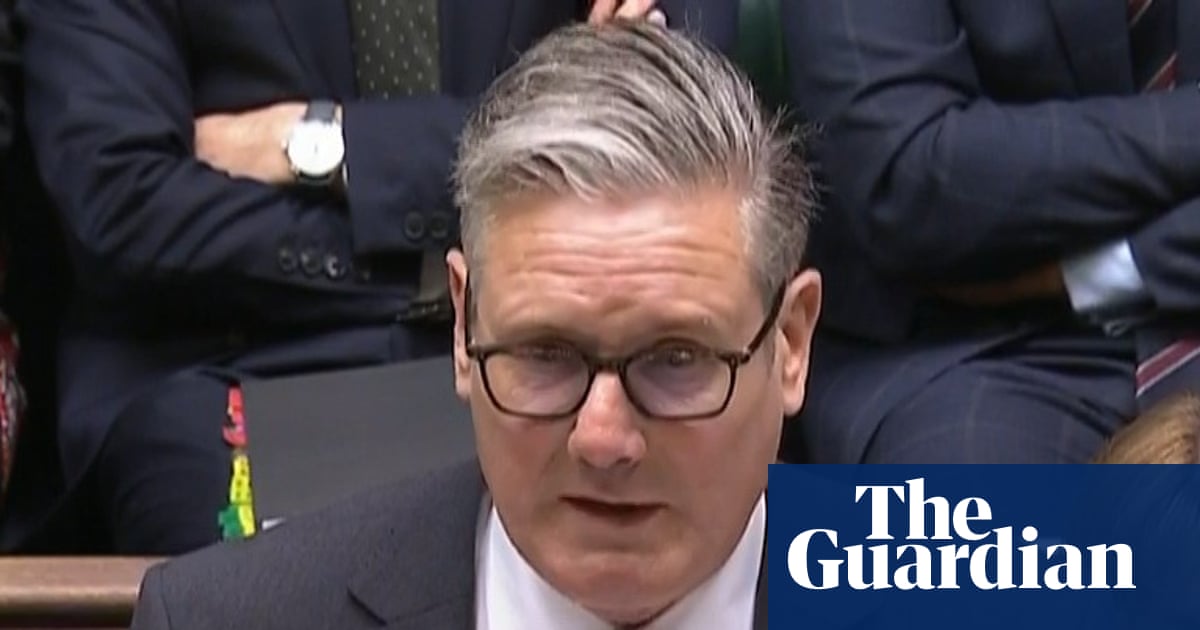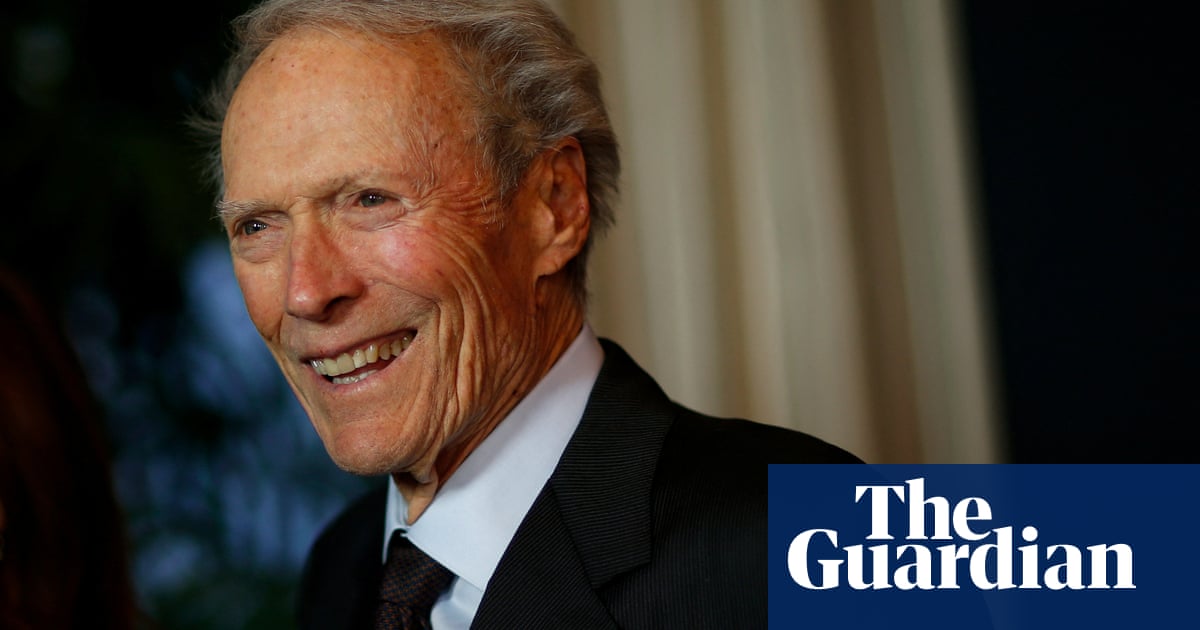The foreign ministers of the UK, France and Germany are planning to meet the Iranian foreign minister, Abbas Araghchi, in what could represent a potential diplomatic breakthrough after five days of Israeli bombing.
The meeting is due to take place in Geneva on Friday but final confirmation from Tehran is still pending; if confirmed it would represent the first face-to-face diplomatic meeting since Benjamin Netanyahu launched Israel’s attack on Iran’s military and nuclear sites.
Araghchi spoke to the three European foreign ministers by phone earlier this week, but has so far refused to meet with Donald Trump’s special envoy to the Middle East, Steve Witkoff, arguing that Israeli attacks across Iran were approved by the US. Araghchi has said it is impossible to meet Witkoff while the Iranians are under assault from Israel.
Before the planned Geneva meeting, the British foreign secretary, David Lammy, will meet the US secretary of state, Marco Rubio, in Washington for discussions focused “on addressing the current situation in the Middle East”.
The meeting would also be attended by the head of EU foreign affairs, Kaja Kallas.
The substance of Friday’s talks – which would be coordinated with the US – will focus on how Iran is willing to reduce or close its nuclear programme.
In a social media post late on Wednesday, Araghchi said Iran was acting in self-defence, adding: “Iran has proven in action what it has always publicly committed itself to: we have never sought and will never seek nuclear weapons.”
He wrote that – with the exception of talks with Israel – Iran “remain[s] committed to diplomacy. As before, we are serious and forward-looking in our outlook.”
Trump has made diplomacy much harder with a series of social media postings demanding Iran’s unconditional surrender and urging the evacuation of Tehran, a city with 10 million inhabitants.
The French, British and Germans, by contrast, have called for space to be given to diplomacy and de-escalation. None of the three countries have advocated externally imposed change in Iran or directly supported Israel’s attacks, saying instead Israel has a right to defend itself in line with international law.
The German chancellor, Friedrich Merz, has said changes of regime can occur and Israel is doing others’ dirty work.
after newsletter promotion
The three countries are signatories to the Iran nuclear deal signed in 2015 that gave permission for Iran to enrich uranium to low levels of purity, subject to external monitoring.
Trump pulled his country out of the deal in 2018; a year later, Iran announced its partial withdrawal from the agreement.
None of the three countries have said anything in public to withdraw from that stance. The US has demanded the complete elimination of Iranian domestic enrichment.

 2 months ago
40
2 months ago
40

















































